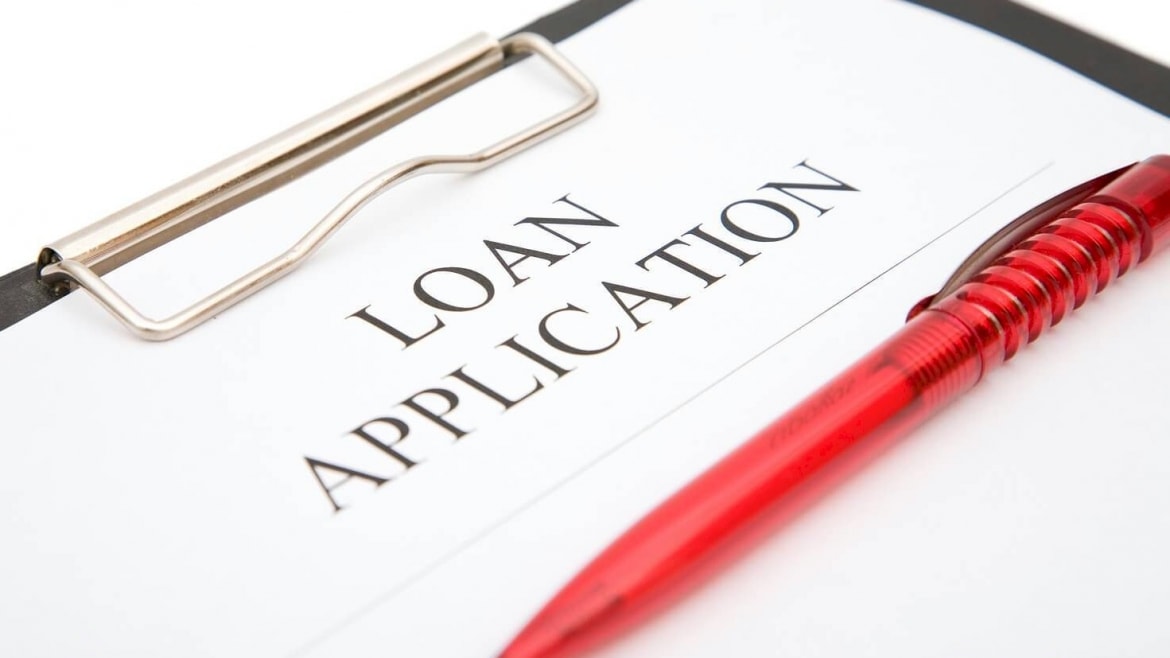Thinking About A Personal Loan?
Applying or thinking about applying for a personal loan for the first time? Before you get started, get to know more about the requirements, options, and process of a personal loan that will help you make the right decision.
CONTENTS
1. What is a personal loan?
2. Where can I get a personal loan?
3. How do I repay a personal loan?
1) WHAT IS A PERSONAL LOAN?
A personal loan is money that you borrow from a lender, then pay back with interest over a period of time. This can be anything between 6 months to several years. You can then use this money for nearly anything: buying a car, funding a wedding, going on holiday, even as a deposit for a larger loan.
The different types of personal loan
There are lots of options with personal loans. Here are just a few of the terms you’ll encounter and what they mean:
- Secured or unsecured. A secured personal loan includes security: a valuable item that it is ‘secured against’. Should someone be unable to make repayments on a secured personal loan, the lender is able to repossess the valuable item instead. Examples include a car or property.
- Debt consolidation. Personal loans are sometimes used to pay off lots of other loans, like credit cards or other smaller debts. This reduces the repayments from lots of smaller ones into one bigger one. You can sometimes even get a better interest rate by consolidating your debt.
- Short-term or long-term. Short term personal loans usually last for 6 months to a year. Long term loans can last for 5 years. Generally, the longer the term is, the more interest you will pay. But this depends significantly on your interest rate too.
How much you can borrow on a personal loan
Every lender has different amounts you can borrow. We can provide personal loans between $1,000 to $100,000. ASB and other banks, meanwhile, have a minimum of $2,000 and no set maximum.
This does not mean you can always get the maximum, however. Your personal circumstances will change how much you can borrow. This may include:
- Your income
- Your borrowing history
- Your living situation
- Your current employment
- Your credit score
Having a cosigner, a guarantor, or providing security for a personal loan will usually increase the amount you will be able to borrow.
For amounts smaller than $1,000, there may be other options for borrowing, such as the use of a credit card.
How much will my personal loan cost?
The cost of a personal loan depends on several factors:
- The interest rate. The interest rate on a personal loan determines how much extra you pay on top of the amount you borrowed. The higher the interest rate, the higher your repayments will be, and the more you’ll have to pay by the time the loan finishes. You can calculate the exact amount with Sorted’s loan calculator and you can compare interest rates on interest.co.nz.
- Establishment fees. There are costs when you first set up a personal loan. This can be up to a few hundred dollars and will sometimes be added to the loan total.
- Administration fees. This is a small (usually ~$10) monthly fee used to cover the administration of a loan and processing fees. Not every lender charges this.
- Broker fee. If you went through a broker to get your loan, you may be charged a broker fee.
- Default interest rate. If you don’t pay one of your repayments in full, the amount you are charged in interest may be increased for that repayment.
- Security registration. If you are using security, you may be charged a small one-off security registration fee.
If you end a loan earlier than planned, there may also be an early repayment or ‘break’ fee. This can be up to a few hundred dollars. This is especially important to remember if you are consolidating debt.
2) WHERE CAN I GET A PERSONAL LOAN?
You can get a personal loan from a variety of places, including:
- Banks. Banks like ASB, ANZ, Westpac, BNZ, Westpac and others provide a lot of personal loans. They will typically expect a good credit score, a strong financial history, and good repayment behaviour. They will also typically have lower interest rates than other options.
- Non-banks & finance companies. If you can’t meet the requirements of the banks, non-banks are usually the next choice. The finance companies we deal with are non-bank lenders. Non-banks usually have more loose lending criteria, allowing people who are self-employed or have bad credit to get a personal loan more easily.
- Brokers. Brokers like us, don’t give out loans ourselves. Instead, we find appropriate lenders for a borrower’s needs. This could include a bank, a non-bank, a finance company, a credit union, or any other kind of lender. Typically, we take a commission from the lender they connect the borrower to. They are a good choice if you have difficulty finding a personal loan and need some help.
- Peer-to-peer lenders. Peer to peer lenders are newcomers to the lending world. They connect regular Kiwis who want to borrow to other regular Kiwis who want to lend, typically through an app. You can get a wide variety of loans this way, including personal loans.
There is no best overall way to get a personal loan, and every borrower will have different circumstances that may make one lending option more suitable than another.
How do I apply for a personal loan?
You can apply for a personal loan either in person through your lender or, more commonly, online. Our application page is here or click the button below.
For your application, you will be asked for the purpose of the loan and a series of personal details, including but not limited to:
- Name
- Age
- Gender
- Contact details
- Residential details
- Employment
- Income
This information is used to identify you, keep your loan secure, and to help the lender determine if they will lend to you, and how much for. Responsible lenders are held to high standards of care and must do all they can to ensure you won’t be unduly stressed by your loan repayments.
As part of your application, your credit history will be checked and your credit report will be evaluated.
If approved, you will also be asked to sign some documentation with your lender and provide proof of ID: a passport or driver’s license, typically.
If you aren’t approved, remember that every lender has different criteria for who they lend to. You can still go to another lender that may be more suitable for your level of income or risk. If you tried a bank, try a non-bank lender instead. A broker will also be able to help you find the right option.
3) HOW DO I REPAY A PERSONAL LOAN?
A personal loan is repaid on a weekly, fortnightly or monthly basis, usually via direct banking. You can do this manually or through an automatic payment. This is arranged during the application process. Each repayment includes paying back some of the principal (the initial amount you borrowed) and the interest.
You can make extra or early repayments on some personal loans. This is a great way to repay your loan faster and pay less interest in the long run. However, some lenders will have break fees or early repayment fees. Make sure to ask about this before signing on the dotted line.
What happens if I can’t make a repayment on a personal loan?
Not making a repayment is known as a “default” and comes with extra fees and/or interest, depending on your lender. These fees are usually a proportion of the repayment you missed e.g. an extra 20% interest on top of your usual rate on the amount overdue.
If you keep missing repayments, accounts can be sent to collections agents and any assets the loan is secured against may be repossessed.
But there are a lot of things that happen before then!
If you’re worried you won’t be able to make a repayment (or you’ve already missed one), you should get in touch with your lender as soon as possible and come to an alternative arrangement. If you do this, you may find your lender can stop additional fees being charged, and you can organise a way for the repayments to be made in a way that suits you.
At the end of the day, lenders don’t want to repossess assets. They aren’t in the business of secondhand vehicles. They’re in the business of lending, and they want to work with you to ensure your repayments are manageable and realistic.
Want to begin your personal loan application with Auckland Loans? Get started here.









